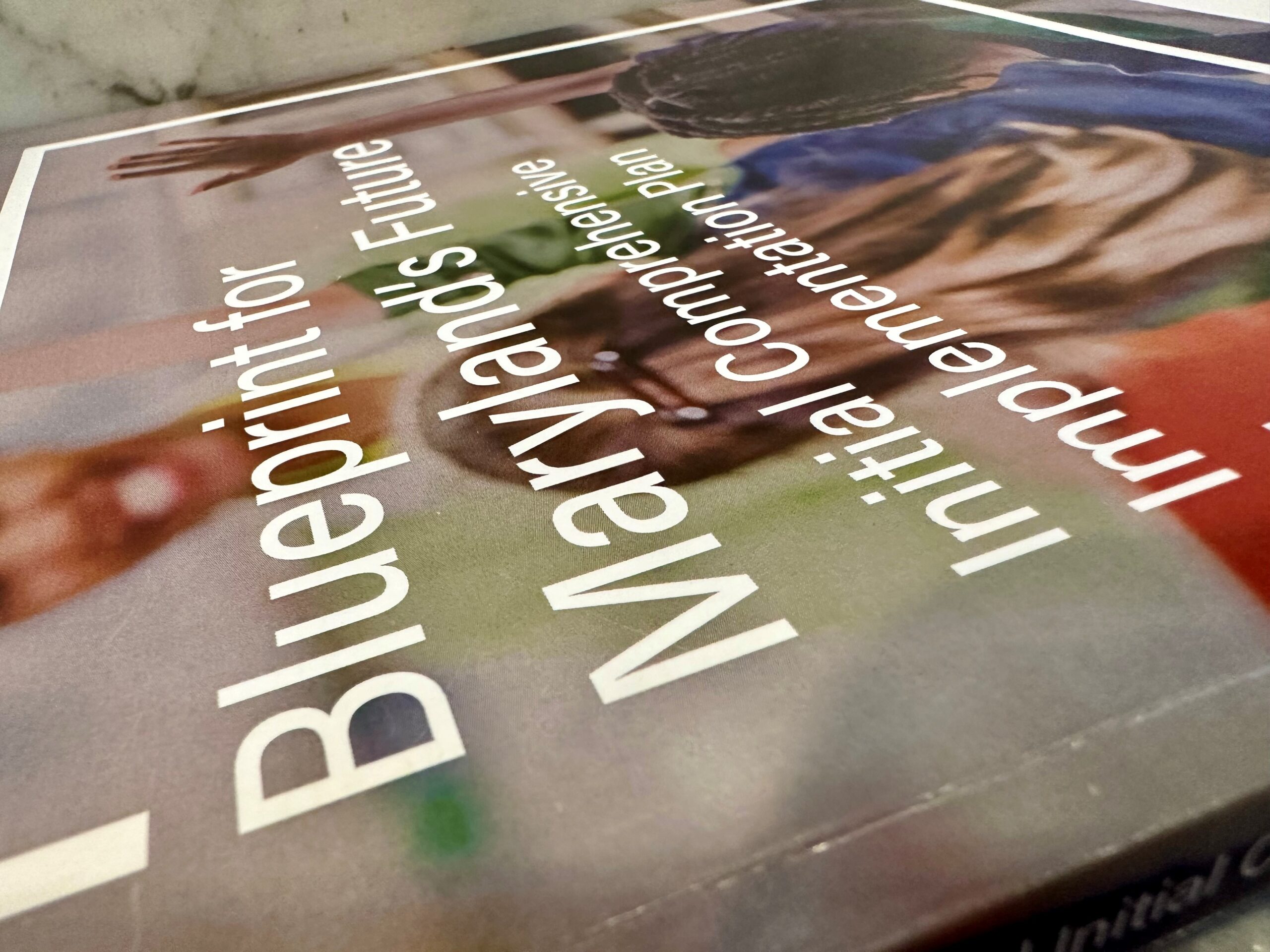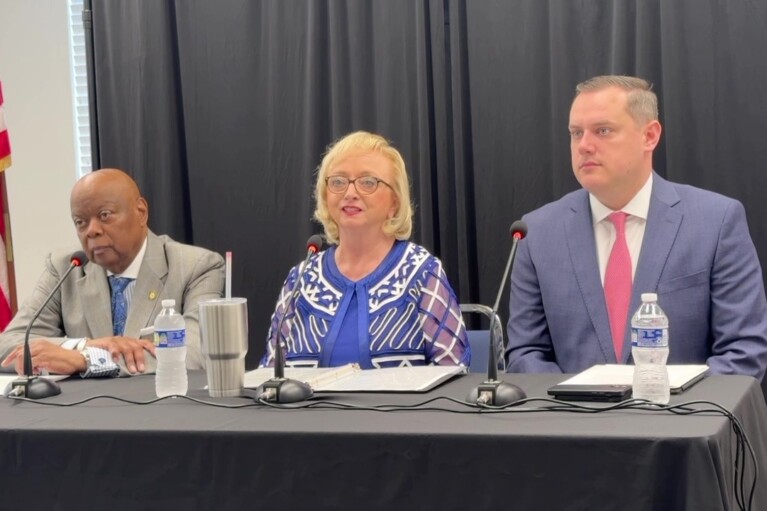
Educators and elected officials have their hands full with big school issues that defy big solutions, made worse by the pandemic. But that’s no excuse for failing to address a relatively small, and easily correctable, injustice that seems to have fallen through the cracks in the landmark Blueprint for Maryland’s Future.
The injustice occurs when local school systems divert Blueprint funding intended for students with disabilities and spend it for other school purposes. Technically, this is known as using the Blueprint funds to supplant not supplement local funding for special education. Simply put, when the diversion of special education funding occurs, educators are robbing disabled Peter to pay nondisabled Paul.
The relevant Blueprint provisions are complex and murky, and the extent of the diversion is not known. However, it’s not known because the Maryland State Department of Education (MSDE) has neglected to figure it out.
Yet, MSDE is on clear notice that some diversion is taking place. This year, Blueprint funding for special education is about $80 million, and will more than double through 2034. So, students with disabilities will lose many millions of dollars that are desperately needed to increase their services. The Kirwan Commission, which developed the Blueprint reforms, was informed that students with disabilities are the most underserved and underfunded school population, and these students are disproportionately poor and Black and Brown.
The Education Advocacy Coalition for students with disabilities, comprised of about 40 organizations and individuals (including me), wrote to state superintendent Mohammad Choudhury urging strong action to end the practice of diversion. The coalition cited federal laws that prohibit state and local school systems from using federal aid for special education to supplant prior state or local funding for special education.
The Kirwan Commission wanted the same prohibition to apply to Blueprint funding. Karen Salmon, then state superintendent and a member of the commission, led the arguments for the prohibition. I was also a member of the commission and closely involved in public sessions and private discussions with key legislators, and the commission generally agreed with her position.
However, while too technical for full explanation in this commentary, the final language in the Blueprint on the prohibition was ambiguous. Then MSDE compounded the confusion by erroneous interpretation of applicable laws. (For more detailed information, see my memorandum.)
Be that as it may, the real mystery is why anyone would want to shortchange students with disabilities since their disabilities generally arouse empathy. Nonetheless, some local school districts simply prefer to spend the money elsewhere. The districts suffer – especially the poorest – from pressing shortfalls everywhere in their budgets (aside from short-term COVID relief funds).
What’s more, their temptation to divert the money is driven, at least in part, by the hidden politics of special education. On the one hand, students who are severely cognitively and/or physically disabled are a visible constituency. However, these students comprise less than 20 percent of all students with disabilities.
A whopping 80 percent or more of the more than 100,000 Maryland students in special education, have learning deficits that are not medical or psychological in origin. These students wind up in (or, to put it less politely, are dumped into) special education when they fall far behind in general education. They are largely poor and of color and politically powerless and tend to be losers in the fierce competition for scarce school funds.
Beyond the pure injustice, there are other reasons for ending the diversion of the Blueprint funding. One is the fact that when state aid is diverted from its intended purposes, it undermines the General Assembly’s credibility and accountability for how Blueprint funds are spent. The diversion of special education funding should be reviewed by the Blueprint Accountability and Implementation Board.
For another, it isn’t only students with disabilities who are victims of inadequate funding. So are special educators. Special education teachers and other providers of services are the hardest to recruit because they are asked to teach too many students who are too far behind. Despite their commitment, job satisfaction is missing, and too many exit quickly. Additional special education funds are needed to enhance working conditions and improve teacher recruitment and retention.
Corrective action is long overdue and falls on MSDE and the General Assembly. MSDE has the authority, as the Education Advocacy Coalition pointed out, to expose the diversion where it exists, and to require local school districts to cease and desist.
If MSDE fails to act, the General Assembly should stand behind its promises to students with disabilities. If necessary, it should amend the Blueprint to unequivocally ban local school systems from using special education funding for other purposes.
Until this happens, students with disabilities will continue to be robbed of significant resources that they are legally and morally entitled to.




 Creative Commons Attribution
Creative Commons Attribution